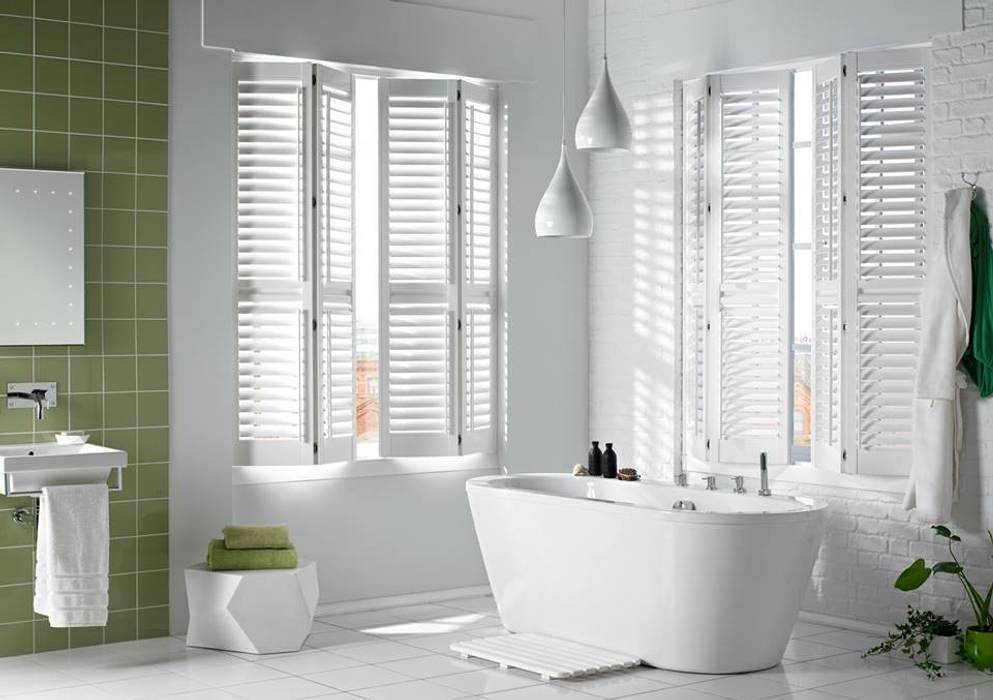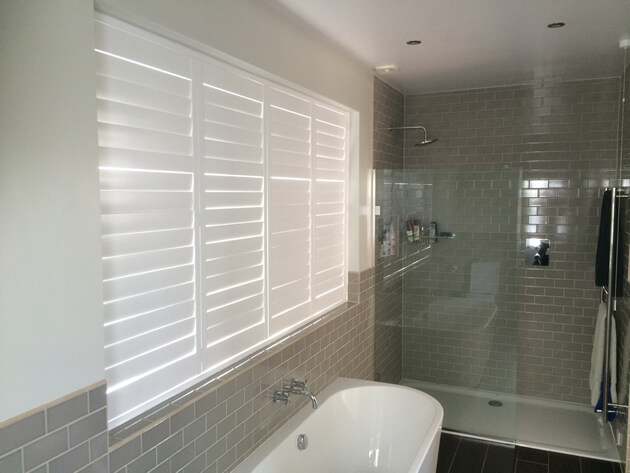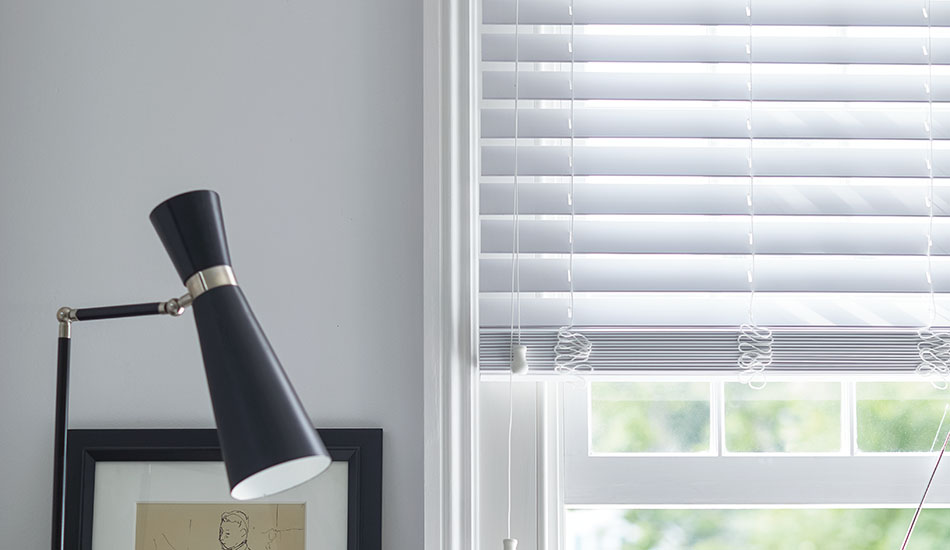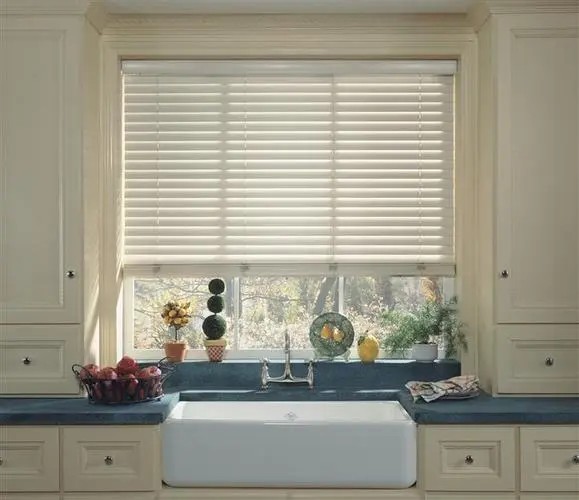Breathable windows, a concept that originated in European royal palaces where glass panes were yet to be commonplace, once graced window sills with their ingeniously crafted wooden frames. These functional and decorative features not only allowed fresh air and sunlight into the chambers but also neatly folded away, harmoniously integrating with the ornate interior designs.
In contemporary times, breathable windows distinguish themselves from blinds by offering a more robust structure, providing superior control over light infiltration, enhanced privacy, and a touch of sophistication to modern homes. They are particularly sought-after in Europe and America as an upscale choice for window treatments due to these combined benefits.
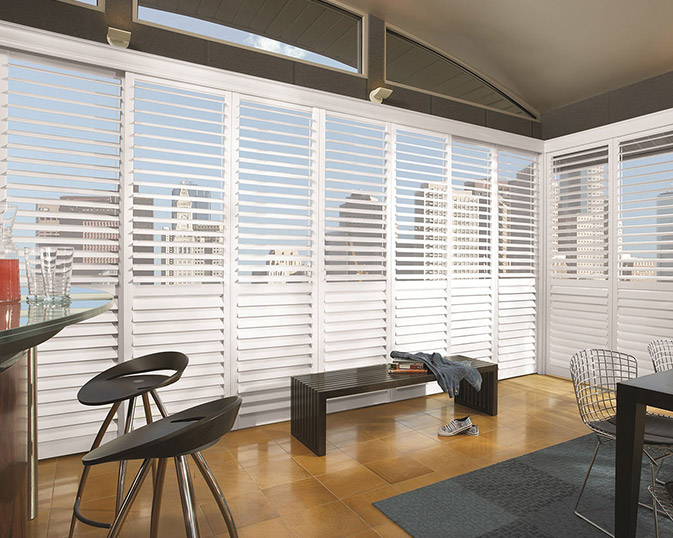
The market offers various styles and structures of breathable windows, ranging from conventional rectangular shapes to arched, circular/semi-circular, bay, peacock-style patterns, sliding doors, and French door configurations. Materials used in manufacturing include natural wood, plastic, bamboo, and aluminum alloy options.
Understanding the anatomy of a breathable window is essential; it typically consists of an outer frame, adjustable louvers, side frames, upper and lower rails, partitions, pull rods, T-columns, hinges, and other hardware components. For sliding models, there's the inclusion of tracks and associated fittings.
Here are some expert strategies when choosing breathable windows:
1. **Quality Assessment**: Carefully evaluate whether the fit between the profiles and accessories is tight and if the window slides smoothly without generating noise. Inferior quality products can lead to noisy operation and a jerky feel during use.
2. **Secure Fastening**: Confirm that the manufacturer uses solid pressure steel rivets rather than ordinary ones. The use of cheaper alternatives may lead to instability and potential detachment over time.
3. **Certified Glass Safety**: Given the absence of a center frame in some designs, the glass used must meet strict national safety standards. Beware of suppliers who compromise on safety by using regular tempered or even semi-tempered glass to reduce costs.
4. **Manufacturer Expertise and After-sales Service**: It is crucial to verify the technical expertise of the manufacturer, especially since designing, producing, and installing breathable windows demand high levels of skill. For instance, uneven balconies require manufacturers with specialized knowledge. Additionally, a comprehensive after-sales service is pivotal to ensuring the longevity and reliability of your breathable window purchase, serving as the foundation of its overall quality assurance.

